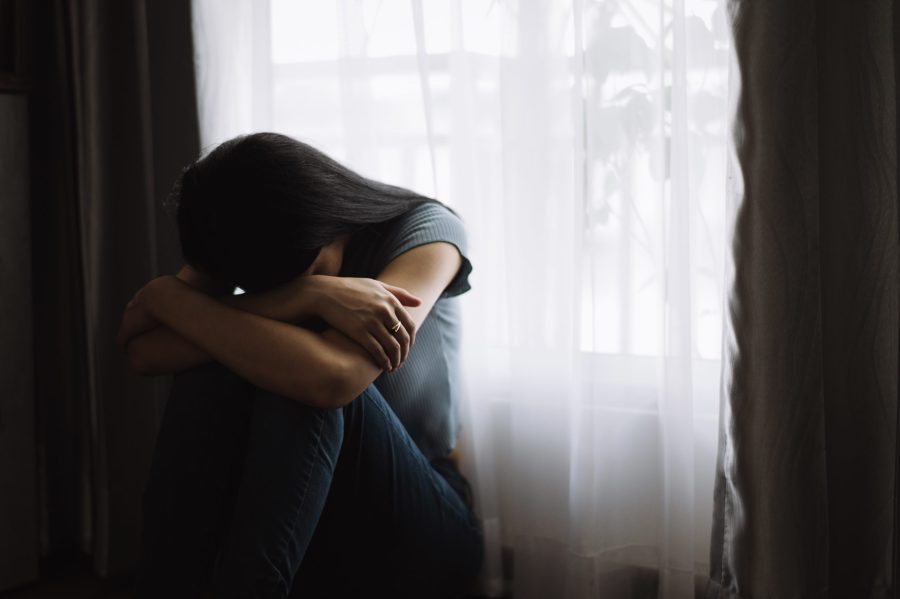ABUSIVE RELATIONSHIPS. CHILD ABUSE PREVENTION, ARTICLES
Racism and Mental Wellness

As an Indigenous person, my life has been impacted in countless ways, both subtle and overt, by racism. The effects of racism can be heard and felt in my ancestral story; the journey of my People controlled, directed, constrained by legislation, policy, and people who saw them as less worthy than others with lighter skin and a different (superior) genetic makeup.
I am a survivor of the Sixties Scoop, removed from my biological family with force before I was four years old. Raised in a religious, German-speaking foster home that shared the views of the government and the Child Welfare System that me being Indigenous was an unfavourable trait. I was taught and groomed that the ways of my People were pagan and of the Devil.
I am not an expert on racism nor am I a mental health professional. I merely hope that sharing some insights from my experience might be helpful to someone.
Some of the damage done by racism can be severe and long-term. It leaves blemishes, lesions, and scars, with most of the damage being internal. Some people who experience racism can also experience mental health issues, such as:
- Depression
- Anxiety
- Isolation and feelings of loneliness
- Post-Traumatic Stress Disorder (PTSD)
- Substance abuse disorders
- Suicidal ideation
What can often exacerbate the mental health condition of those that suffer in this way is that they often encounter many barriers to accessing resources. Often, individuals who experience racism are already marginalized in some way – socially, economically, geographically, etc. – so these barriers only compound their difficulty at an already distressing time.
Even when resources are available, they are often accessed through an agency that is not aligned with the affected individual or on a human or cultural level. Putting your trust into “the system” that created the harm you seek assistance to heal and recover from, can add more weight to the trauma.
What to do if you experience racism?
- If you experience racism, tell someone close to you who you trust. Racism is not okay, and you should not suffer alone. It is not your shame. Lean on a confidante to help you process the pain, sorrow, and suffering in a safe space.
- Express yourself and get it out. Paint, make music, sing, dance, write, create. It could be as loud, as quiet, as big or bold, or as contained, public, or private as you are comfortable with.
- Some acts of racism can create or trigger prior trauma. When seeking mental health support, bear in mind, like all things, not all mental health resources and professionals are created equal. Find a counselor, therapist, psychiatrist, or psychologist that you feel comfortable with and trust can assist you in your wellness journey. If the first one doesn’t fit, don’t give up.
- Connect with a local association or group. Getting together with like-minded people and others with a similar background or shared experience can be uplifting during a difficult time.
In my forties, I can still recall the sharp pain of racism I experienced as a child; some of them still leave me a little dumbfounded. Sadly, growing older and having a job doesn’t mean I’m no longer a target for racism. And it doesn’t make me immune to the pain. Through trial and error, I am fortunate to have found a great therapist that still supports me when I need them. And I have some fantastic and steadfast friends that have been there for me along with my family. Putting the advice above into practice has worked well for me – I hope that it does for you as well.







